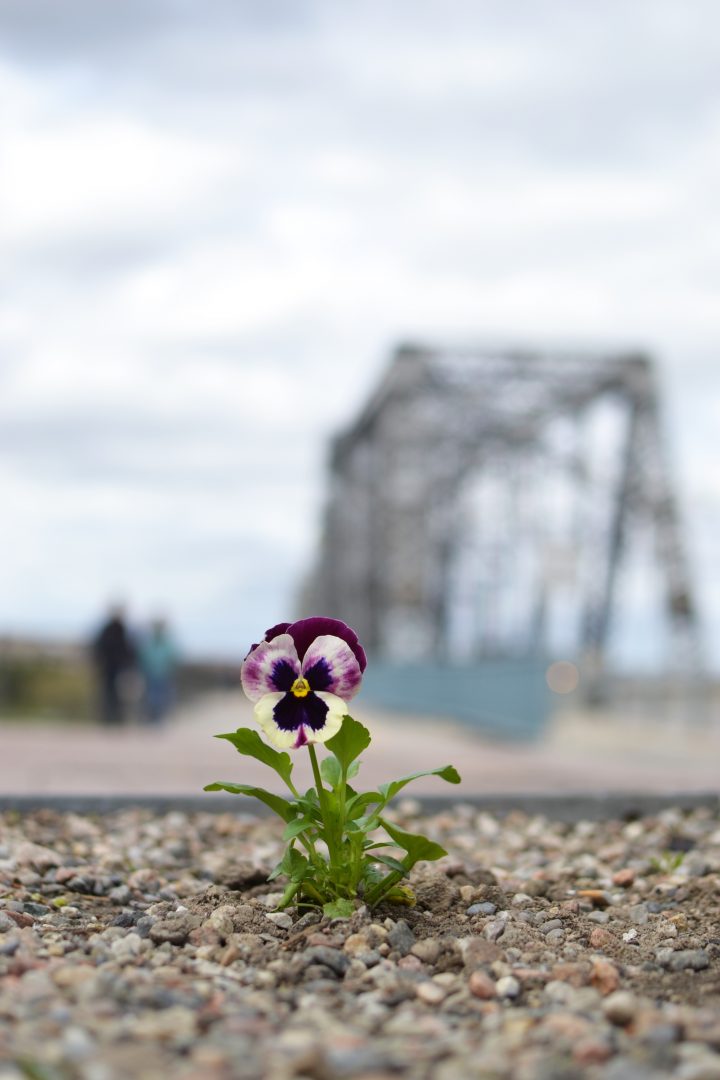The Open Call for the Social Art Award 2019 under the topic “We are the People – Peaceful Revolutions” was closed on December 15, 2019. We are very impressed by 558 submissions that were contributed by artists coming from 65 countries across all continents.
The winners of The Social Art Award 2019 are Narcissa Gold (USA), Melinda Mouzannar (Lebanon) and Bogna Grazyna Jaroslawski (Poland/Germany). The Honorary Mention goes to Kingson Kin Sing Chan (Hong Kong/UK).
Below you find the artworks, that passed the initial jury round. The public voting took place till 30 December and is a tool to give more public visibility to the topic and the artworks. It does not replace the final jury judgment. There were two wildcards for the most voted artworks that entered the final shortlist.
The focus diversity of applications shows that artists are active in the multi-faceted fields of socially engaged art reflecting on wars, genocides, femicides, traumata, violence against refugees, children, women, men, disabled people, LGBTIQs, animals. They share feelings for the planet and its living species, but also showing hopelessness due to complex crises be it climate change (e.g. in regard to water pollution), capitalism, corruption, a violation against human rights, nature, protected national parks. Many of the artists are constantly trying to give a voice to the poorest or empower unheard social groups.
It’s not only about peaceful revolutions, but it’s also about feeling a deep connection and showing love and respect for each other.
Thank you all for sharing your great and inspirational work and look at all the great contributions!
The Pansy Project
Paul Harfleet
open category
The artist plants pansies at the site of homophobic abuse; he finds the nearest source of soil to where the incident occurred and generally without civic permission plants one unmarked pansy. The flower is then photographed in its location and posted on this website, the image is entitled after the abuse. Titles like 'Let's kill the Bati-Man!' and 'Fucking Faggot!' reveal a frequent reality of gay experience, which often goes unreported to authorities and the media. This simple action operates as a gesture of quiet resistance; some pansies flourish and others wilt in urban hedgerows. The artist began by planting pansies to mark his own experience of homophobia on the streets of Manchester now he plants pansies for others both on an individual basis and as part of various festivals and events. How can art catalyze change?: Through my work I facilitate conversation on the issues of homophobia and transphobia around the world, education and conversation are the key drives of my ongoing artistic practice. Proposed as symbol.
The artist plants pansies at the site of homophobic abuse; he finds the nearest source of soil to where the incident occurred and generally without civic permission plants one unmarked pansy. The flower is then photographed in its location and posted on this website, the image is entitled after the abuse. Titles like 'Let's kill the Bati-Man!' and 'Fucking Faggot!' reveal a frequent reality of gay experience, which often goes unreported to authorities and the media. This simple action operates as a gesture of quiet resistance; some pansies flourish and others wilt in urban hedgerows. The artist began by planting pansies to mark his own experience of homophobia on the streets of Manchester now he plants pansies for others both on an individual basis and as part of various festivals and events. How can art catalyze change?: Through my work I facilitate conversation on the issues of homophobia and transphobia around the world, education and conversation are the key drives of my ongoing artistic practice. Proposed as symbol.



